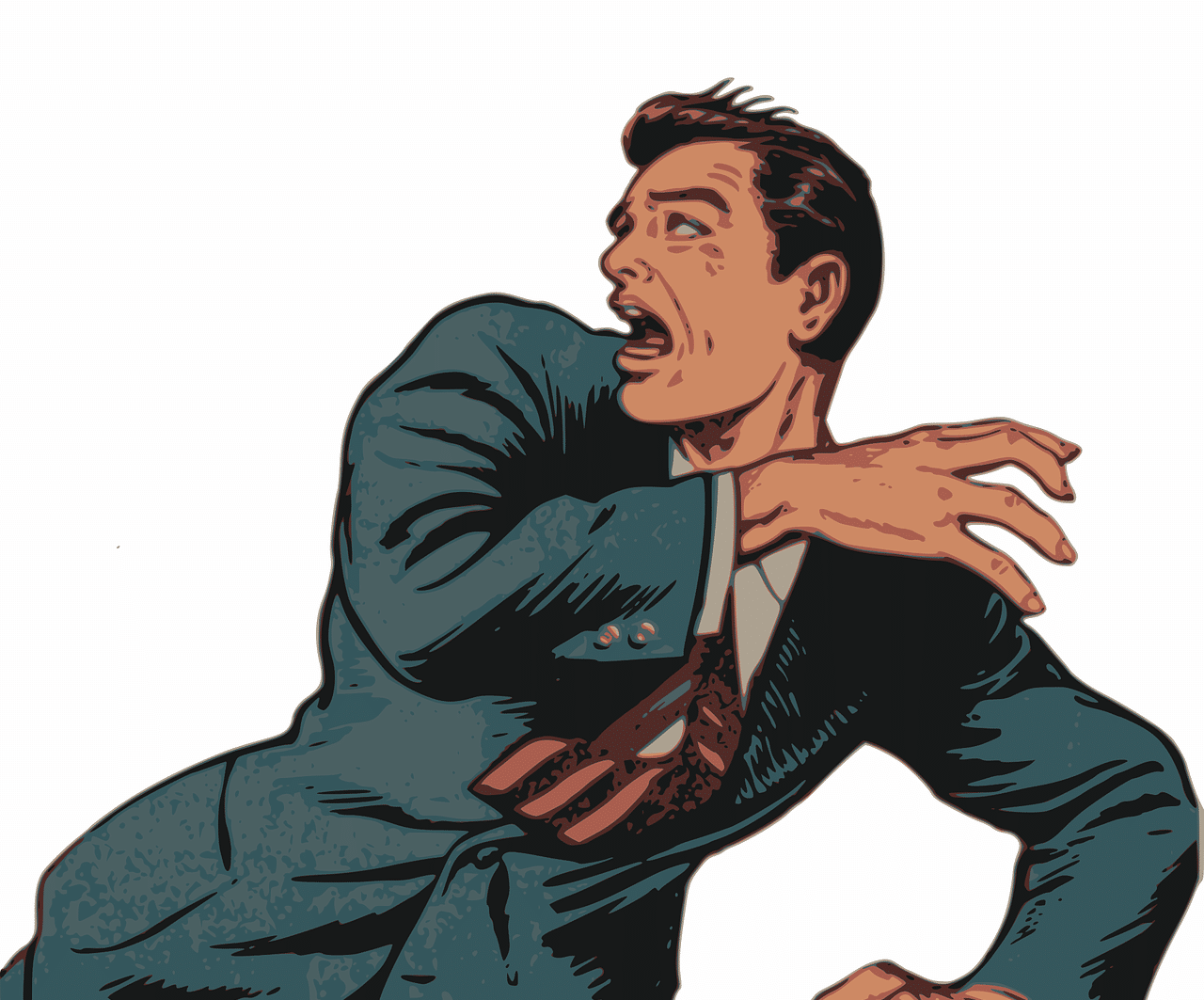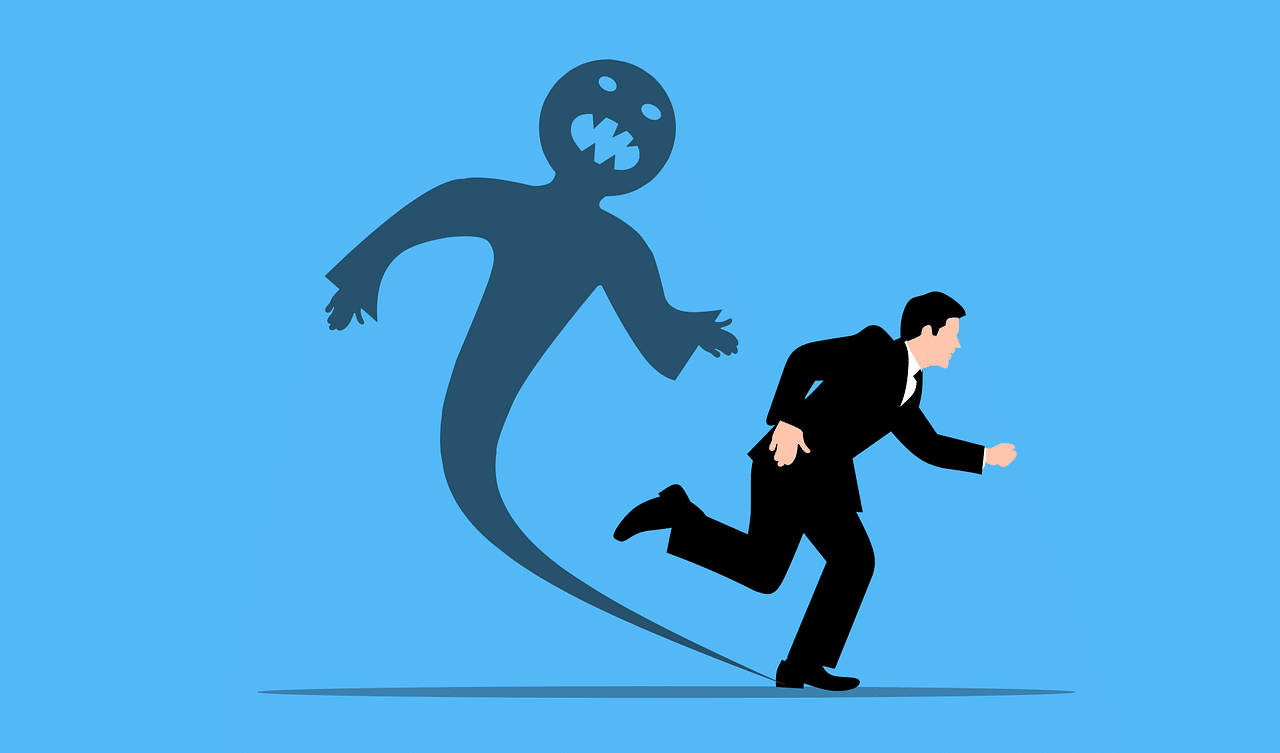
An excessive fear is called panic.
Panic is exaggerated fear , which escapes rationality and paralyzes the person. Sometimes it is generated at a social level and spreads from individual to individual, causing a wave of generalized fear.
It should be noted that Pan was a Greek deity who was associated with the wildness of nature . It is said that he enjoyed creating fear among people traveling from one place to another, appearing along the way. From this god derives the notion of panic which, in our language, is used as a synonym for terror or strong fear .
For example: «When Florencia saw the flames at the bedroom door, she panicked» , «The boy did not let himself be overcome by panic and helped his father, who was bleeding profusely» , «When I saw the wolf, I felt panic, but luckily the animal decided to continue walking without stopping .
panic attack
In the field of psychology , a panic attack is known as an anxiety disorder that causes various unpleasant episodes for those who suffer from it. In the context of these attacks, the person begins to suffer from an irrational fear that appears suddenly and can last for several hours.
When experiencing a panic attack (which is also known by its English name, panic attack ), the subject may become dizzy, have tachycardia , and even dissociate from their own personality. It is a crisis that arises from great anguish and the impossibility of controlling anxiety.
It is important to highlight the irrational nature of the deep fear that arises during a panic attack, since this phenomenon is not based on an apparent cause or real danger. Another of its main characteristics is loss of control , something that leads the patient to feel that they are about to have a heart attack or even lose their life, but that there is nothing they can do to avoid it.

Those who suffer from an anxiety disorder may experience panic attacks.
A recurring disorder
In most cases, panic attacks occur once or twice in a lifetime, and usually disappear when the person manages to resolve the underlying problem, the source of their distress. But there are also those who must face these unpleasant episodes with a certain frequency, unexpectedly and for prolonged periods. This leads to fear of the possibility of it happening again, creating an endless cycle that some call panic disorder .
Although the attack itself does not carry the risk of losing life, its impact on the quality of life is considerably negative since the fear it causes is much more intense than what we can feel under normal conditions. The treatment can offer us a highly effective solution. Sometimes it includes therapy sessions and the provision of anti-anxiety medications .
As mentioned above, it is common for panic attacks to occur suddenly, without warning and at any time of the day: it does not matter if we are walking down the street, in a work meeting, sleeping soundly or even driving our car. car in the middle of the avenue. This is one of the reasons why it is a real nightmare .
Common symptoms of panic attack
The following are some of the most common panic attack symptoms:
- Feeling that something terrible is about to happen.
- Fear of dying.
- Palpitations, tachycardia, sudden sweating, tremors, chills, nausea or hot flashes.
- Headache or chest pain .
- Dryness in the mouth.
- Choking sensation in the throat.
- Dizziness and fear of fainting.
